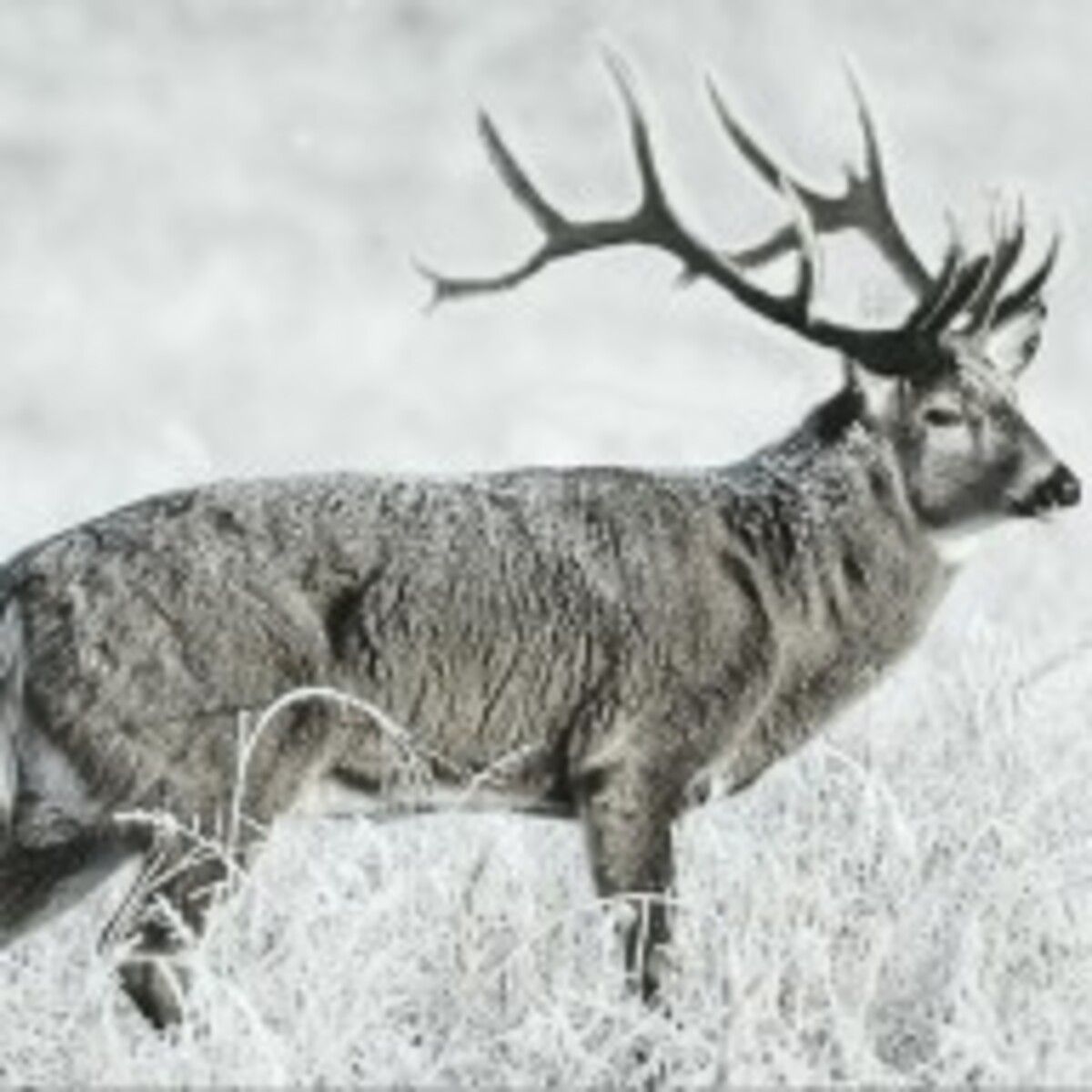
In a province where hunting is more than a pastime, the Saskatchewan government's announcement of a one-week antlerless elk hunt, set to take place from November 20-27th, has sparked unusual discord within the hunting ranks. Typically united in support of sustainable harvests, groups like the Saskatchewan Wildlife Federation and individual hunters are voicing strong opposition, arguing that this "short-term" measure is shortsighted, poorly executed, and potentially counterproductive. As elk populations thrive amid agricultural complaints, the hunt's critics from the hunting community argue that good intentions don't excuse bad planning.
One of the primary grievances from the hunting community is the apparent lack of consultation before the October 2nd announcement earlier this month. The SWF, Saskatchewan's leading voice for hunters and anglers, quickly released a statement challenging the decision, pointing out that it contradicts the province's own Elk Management Plan—a framework developed with input from hunters, landowners, and experts to ensure balanced, evidence-based strategies.
“While we recognize the importance of addressing elk-related concerns in agricultural areas, we believe that a more targeted and controlled approach would have been more effective in mitigating the challenges faced by farmers and ranchers,” the SWF said in an Oct. 3 statement. “The Saskatchewan Wildlife Federation remains committed to supporting sustainable wildlife management practices and ensuring that stakeholder voices are included in future decisions.”
Hunters feel sidelined, especially given the plan's broad scope: unlimited licenses across all 55 wildlife management zones in southern Saskatchewan. This blanket approach ignores regional variations in elk populations and damage, potentially overwhelming areas with low elk numbers while failing to address hotspots.
“A coordinated approach — involving producers, hunters, landowners, politicians and policymakers — is needed to balance wildlife populations in Saskatchewan in accordance with the Province’s Game Management Plan and utilization of the Provincial Wildlife Advisory Committee,” the organization said.

Safety is another flashpoint, with the hunt overlapping the peak of white-tailed deer rifle season. In busy hunting zones, many believe this could lead to crowded fields, increased risk of accidents, and confusion among participants. The SWF has highlighted how the timing exacerbates these issues, particularly in southern regions where deer and elk habitats overlap. "Hunters are stewards of the land, but we're also responsible for each other's safety," notes the federation, warning that the compressed November window could turn productive outings into hazardous ones.
At the heart of the opposition, however, is skepticism over whether this hunt will actually achieve its goal of reducing crop damage from elk. The SWF points out that elk hunting is already permitted for most of the year—from August 25, 2025 to January 14, 2026, with only 31 days off-limits—suggesting the issue isn't a lack of opportunity but barriers like limited access to private lands due to recently-implemented trespass laws. Without addressing these root causes, such as improving landowner-hunter relations or enhancing compensation programs, the one-week hunt risks being ineffective.
Moreover, hunters worry about unintended consequences on herd health. Targeting antlerless elk (cows and calves) during late fall could disrupt breeding dynamics and calf survival, especially after a failed proposal earlier in 2025 for a calving-season hunt that was scrapped due to ethical concerns. The community advocates for a holistic strategy: more data collection, localized management, and incentives for habitat improvement over what they see as a "band-aid" solution that might harm conservation efforts.
As the November hunt approaches, the hunting community's opposition serves as a reminder that effective wildlife management thrives on inclusion, not isolation. Groups like the SWF are urging the province to pause, consult, and refine—perhaps by focusing on high-damage areas or integrating hunter feedback into future plans. As of right now, the provincial government is moving full steam ahead with the initiative, stating that they believe the province can support “ample” elk hunting opportunities.
The SWF is encouraging those in opposition to reach out to their local Member of the Legislative Assembly and remains hopeful that this controversy can be turned into a form of cooperation.

